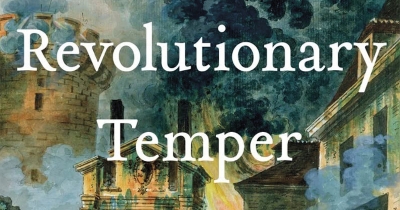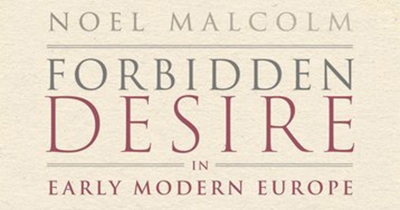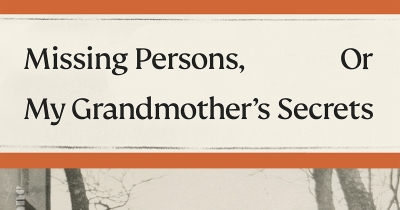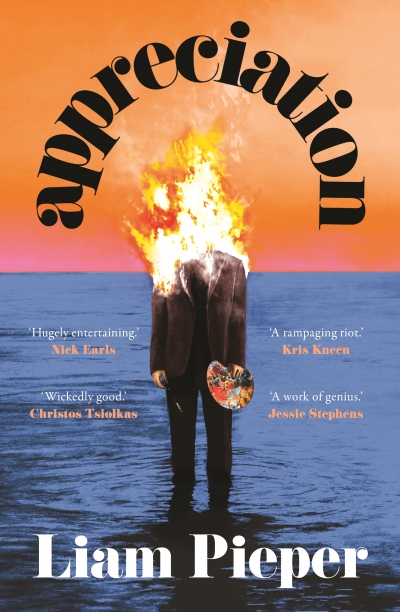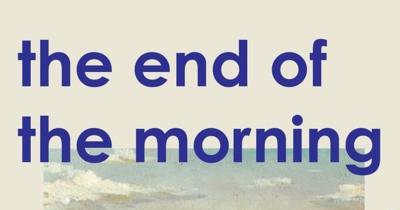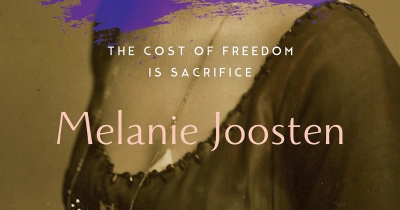I first met Boris Frankel when he was a thirteen-year-old, in the pages of a file at the National Archives of Australia. I was working on Russian migrant families in Australia that decided to return to the Soviet Union, but then tried to come back to Australia. Boris and his sister Genia had travelled more than 1,500 kilometres from the Crimea to Moscow, alone, in 1959, in the hopes of persuading British authorities to allow their return to Australia. It was a remarkable story: two teenagers who negotiated Soviet bureaucracy and surveillance, made an impassioned plea, and secured the support of a British ambassador. The file even contained letters the children had written to Prime Minister Robert Menzies – their own, teenaged voices. Letters like this are a historian’s dream: I felt I had got to the heart of the story. And yet, in Boris Frankel’s historical memoir, No Country for Idealists, I saw the trip to Moscow anew. In the texture of Frankel’s narrative – their Siberian cabin-mate on the train journey (named Rasputin!), the ambassador’s chef who cooked them breakfast – the wonder of the journey emerged afresh.
...
(read more)



